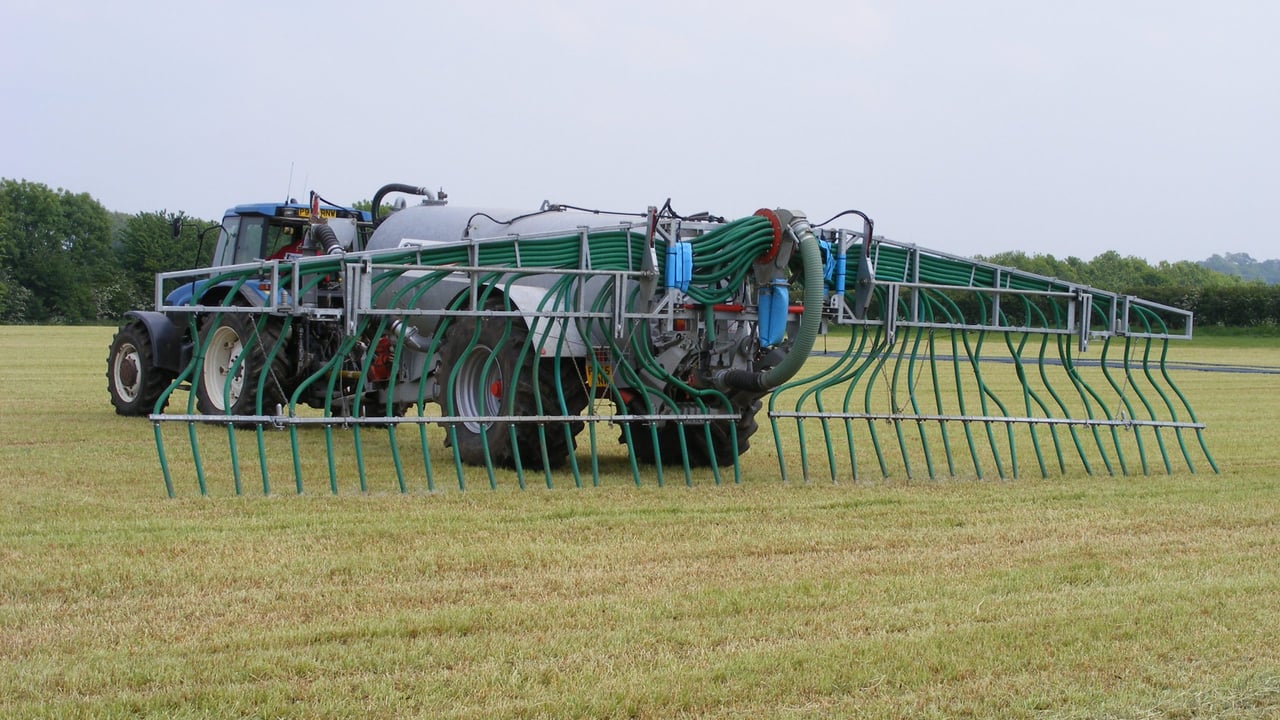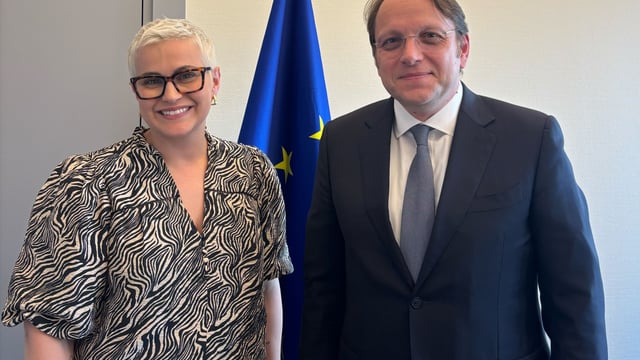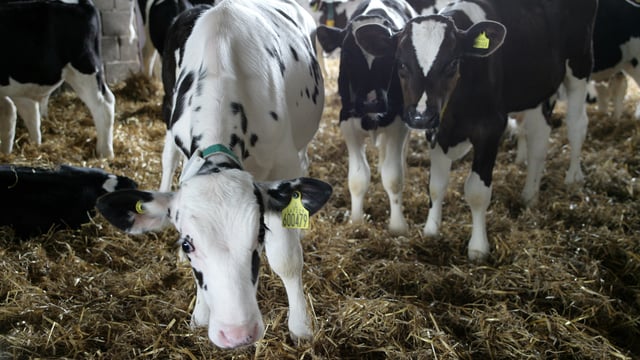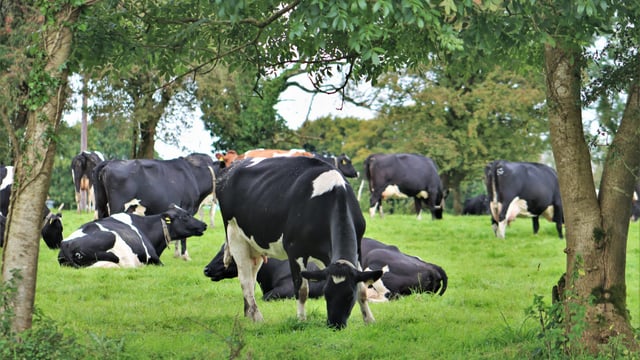Govt urged to revoke LESS mandate on small-scale farms
IFA environment chair, John Murphy, has called on the government to revisit the mandate to use low emissions slurry spreading (LESS) on farms stocked between 100-130kgs N/ha.
Murphy's call follows the release of Environmental Protection Agency (EPA) findings indicating that Ireland has met its ammonia emission reduction targets.
The EPA Air Pollutant Emissions report, which was published last week, revealed Ireland was compliant with EU emissions reduction targets across all five major pollutants, including:
- Ammonia;
- Non-methane volatile organic compounds;
- Sulphur dioxide;
- Nitrogen oxides;
- Fine particulate matter.
Under the National Emissions Ceiling (NEC) Directive, Ireland is required to reduce ammonia emissions by 5% by 2030, the IFA stated.
The EPA report showed that Ireland’s ammonia emissions decreased by 4% in 2023, due to increased use of LESS on farms and a reduction in nitrogen (N) fertiliser use, bringing Ireland into line with the EU target.
IFA environment chair, John Murphy, explained: “Agriculture accounts for over 99% of ammonia emissions, and the report shows that, in 2023, ammonia emissions reduced by 6% below 2005 levels and are in compliance with the 2020-2029 reduction commitments."
Murphy pointed out projections which indicate that even under existing measures, Ireland will be in compliance with the NEC Directive.
However, he highlighted that if additional measures, such as decreased use of crude protein in the feed of dairy cows and pigs; increased use of protected urea; or slurry amendments are adopted, further ammonia emission reductions will be achieved.
“Considering the progress that has been achieved on ammonia emission reductions, the government needs to review the compulsory LESS requirement on farms stocked between 100-130kgs N/ha that was introduced on January 1,” Murphy asserted.
According to the IFA environment chair, there is no reason why the compulsory measure should not be revoked, particularly because the options available to farmers on these smaller and often very fragmented holdings are "not practical, economically viable or even safe to use".





